If you want to improve your social skills, books are a great resource. Here are 15 books that will help you get better at communicating.
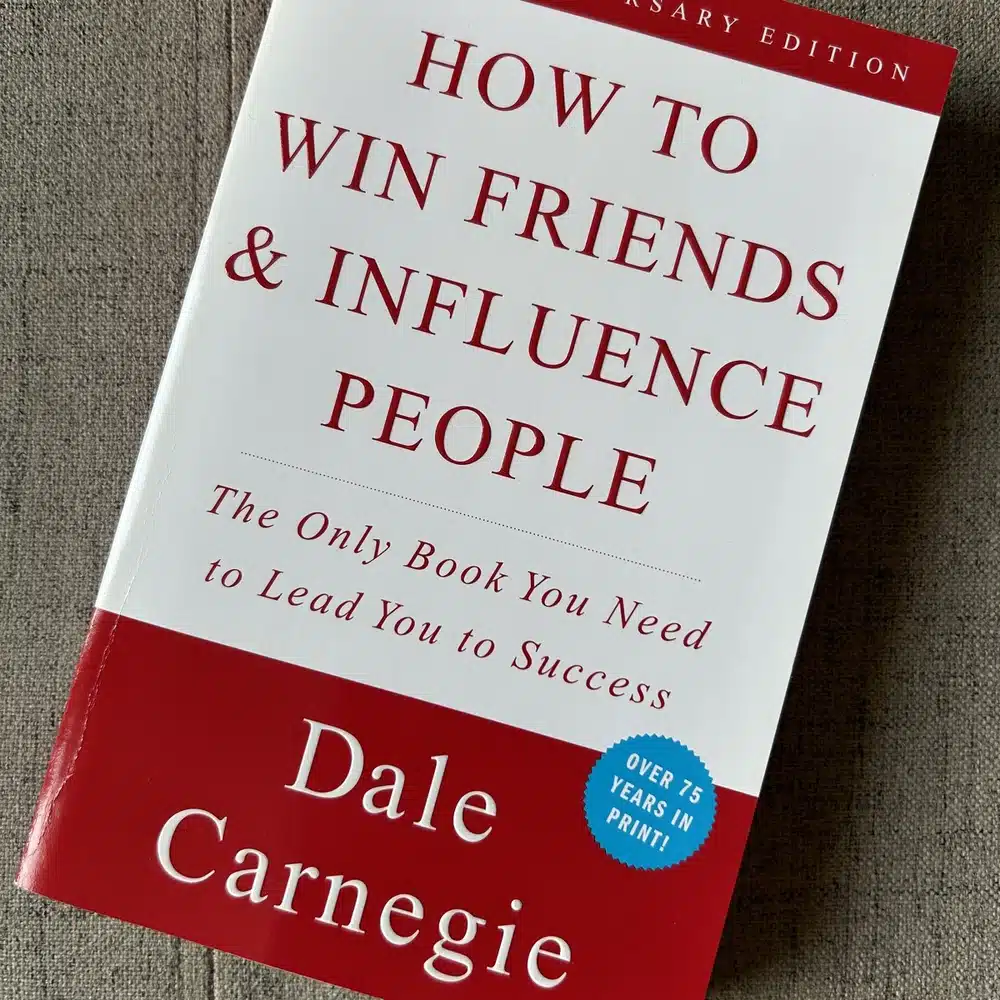
If there’s one thing I learned from graduate school, it’s that communication isn’t as easy as you might think. For one thing, some words are subjective.
The way one person measures the words “busy” or “aggressive” may be completely different than the way another person does. The same goes for body language.
This is just one of the reasons why social skills are, well, truly a skill. Even if you’re a natural social butterfly, it never hurts to sharpen your natural social edge.
The books we’ve rounded up here will help you communicate with, understand, and relate to others.
Social skills are essential, whether you’re trying to take the next step in your career or relationship, moving to a new city as an adult, or just trying to live a more fulfilling life.
15 Books to Improve Your Social Skills
A lot of the 15 books here represent different approaches for different personalities. After all, social skills aren’t one-size-fits-all.
How to Win Friends and Influence People
If there was a list of canonical primary source self-help books, How to Win Friends and Influence People would undoubtedly be there.
Just two decades away from its 100th birthday, Dale Carnegie’s quintessential guide has held up thanks to its sound advice, relatable anecdotes, and the author’s expertise in self-improvement, salesmanship, and other forms of interpersonal skills.
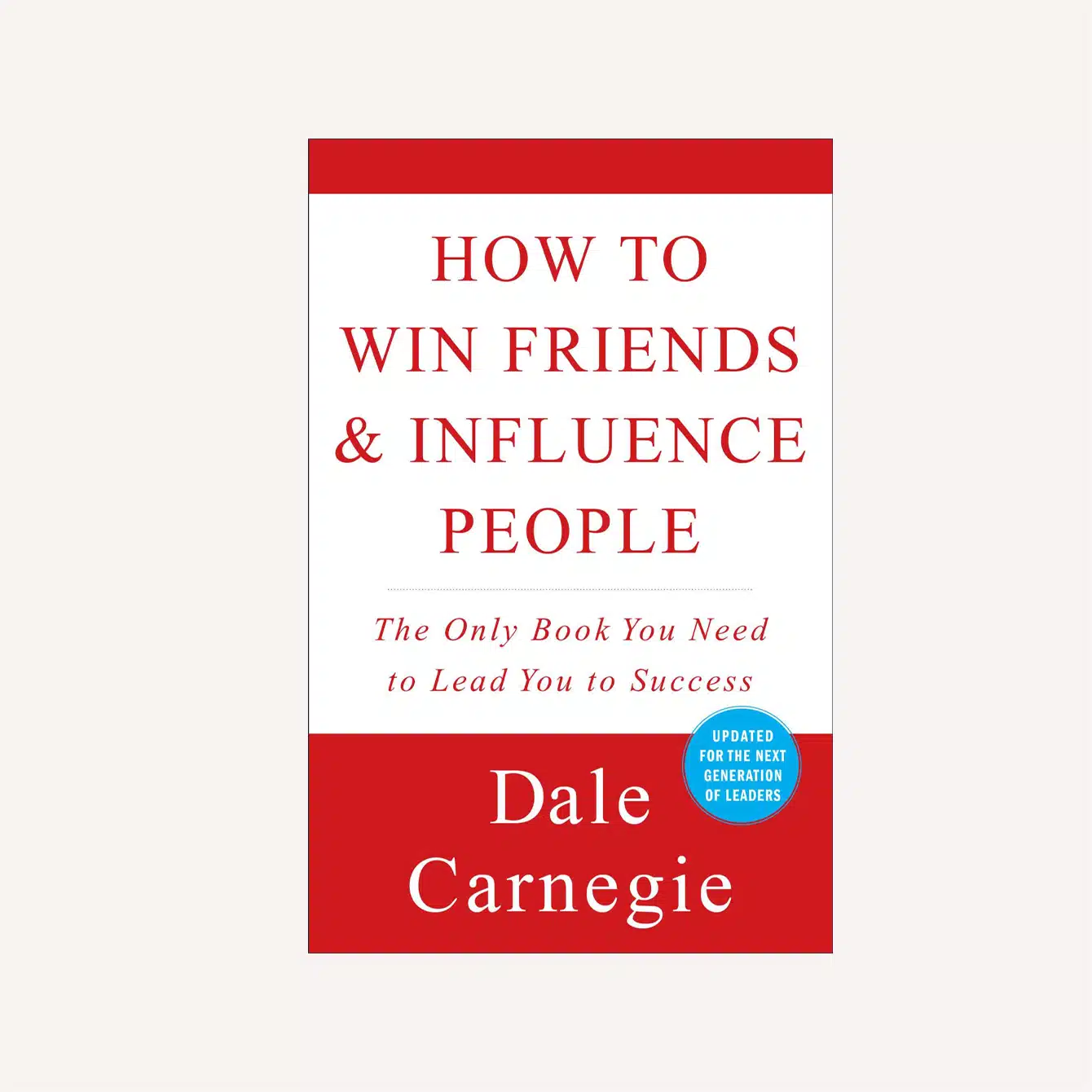
Moreover, this book is wildly readable. The chapters are broken down by actionable topics, like “Six Ways to Make People Like You” and “Be a Leader — How to Change People Without Giving Offense or Rousing Resentment.” It’s like Google, pre-Google.
Whether you’re trying to improve your dating or professional life, you might want to check this book out first. It’s an effective foundation that you can take with you to other, less universal, more hyper-specific social skill books.
Man in Command
I’d call Man in Command somewhere in between entry-level and intermediate when it comes to developing confidence for guys.
The best part about it is that it’s super conversational, going back and forth between the voice of an older brother giving advice (but not in a condescending tone) and an old friend over beers.
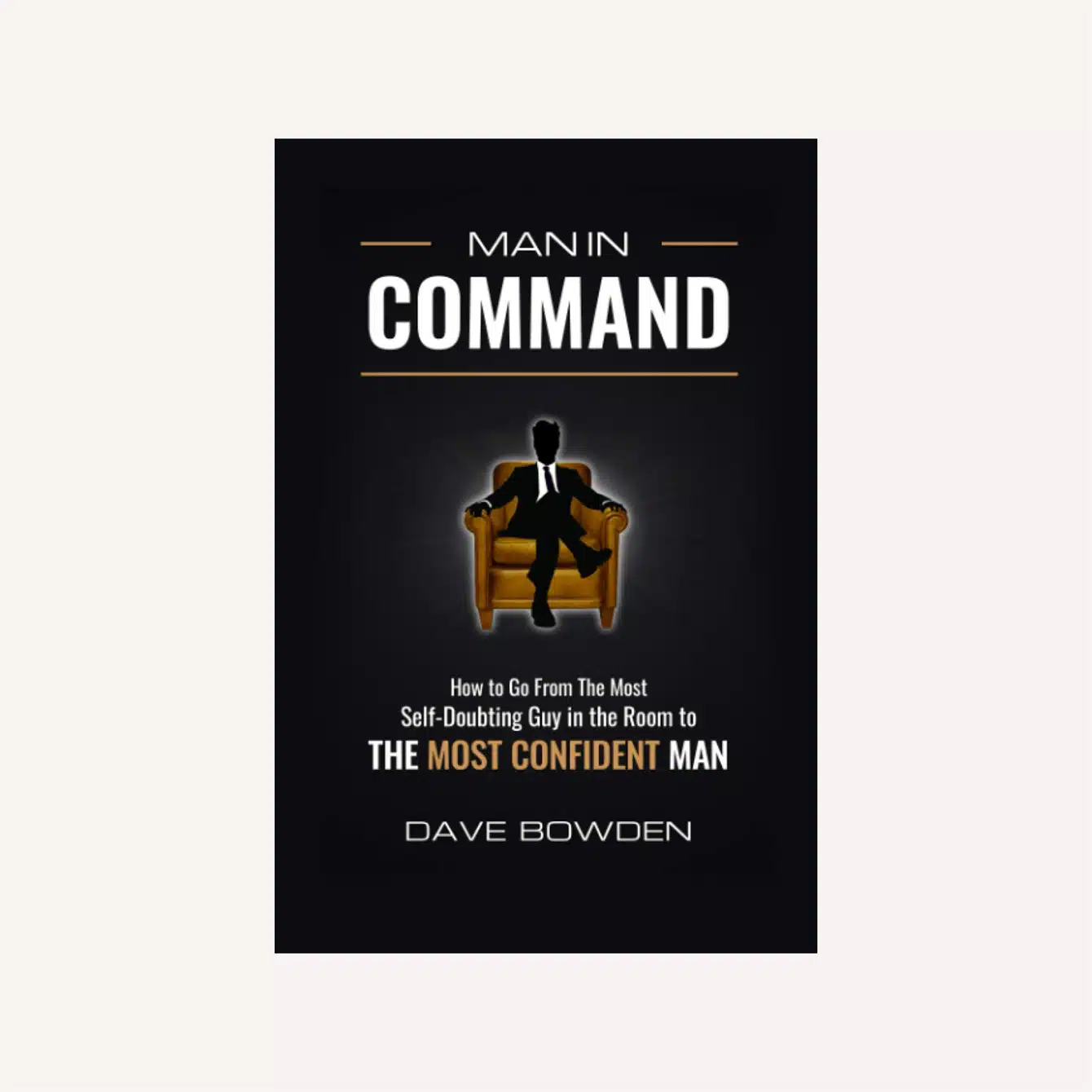
And even if you fall in the “I’ve passed this phase” category, it’s a quick, fluff-free read. The lack of ego makes it endearing nonetheless. The author draws on research from experts, even citing several of the books on this list.
Instead of the kind of self-help that has you meditatively sit down with yourself with affirmations, he helps you develop proficiency in social situations, giving you training wheels so you can just get out there and socialize.
Conversationally Speaking
Conversationally Speaking, as its title suggests, focuses on the verbal exchange component of social skills.
It’s pretty comprehensive, but since the authors wrote this for people who feel like they don’t have real connections with others, it’s especially good if you’ve just moved to a new town, just started a new job and don’t know anyone, or if you’re experiencing loneliness in general.
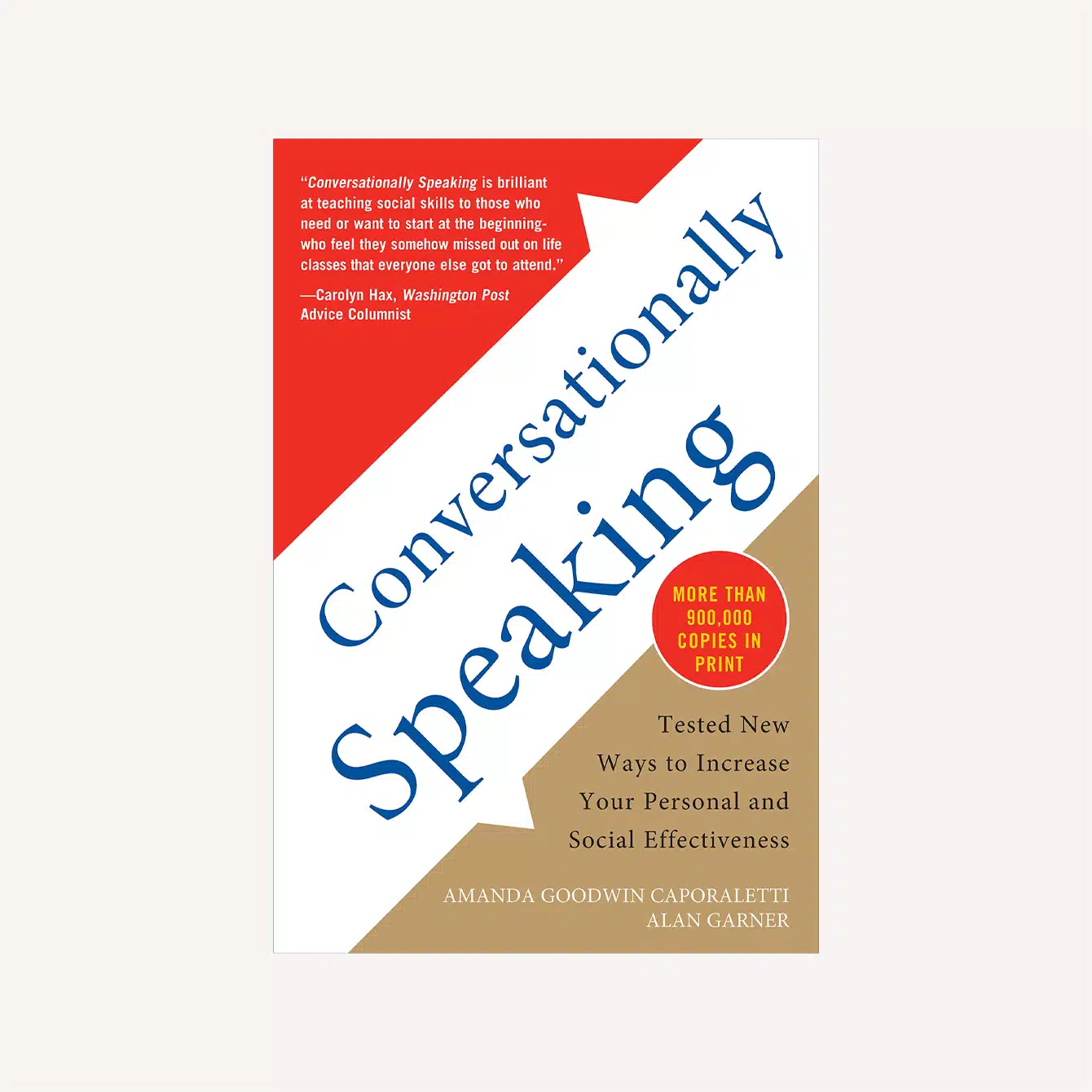
Some focuses include when to ask open-ended questions versus closed-ended ones, how to start conversations, saying things that will improve the level of interaction, and even avoiding pitfalls that may cause disinterest or rejection.
Overall, the advice in this book helps you grasp the idea of having objectives in conversations and promote objectives you’ve identified with the person you’re talking to, making your interactions more engaging on both sides.
The Charisma Myth
From James Bond to Steve McQueen, society loves men with a lot of charisma. What if I were to tell you that this x-factor isn’t as innate and unteachable as we’ve been told?
The Charisma Myth posits this idea as an objective reality and uses science to prove that you can turn personal magnetism on and off. It’s like an act or a muscle that you can activate and build over time.
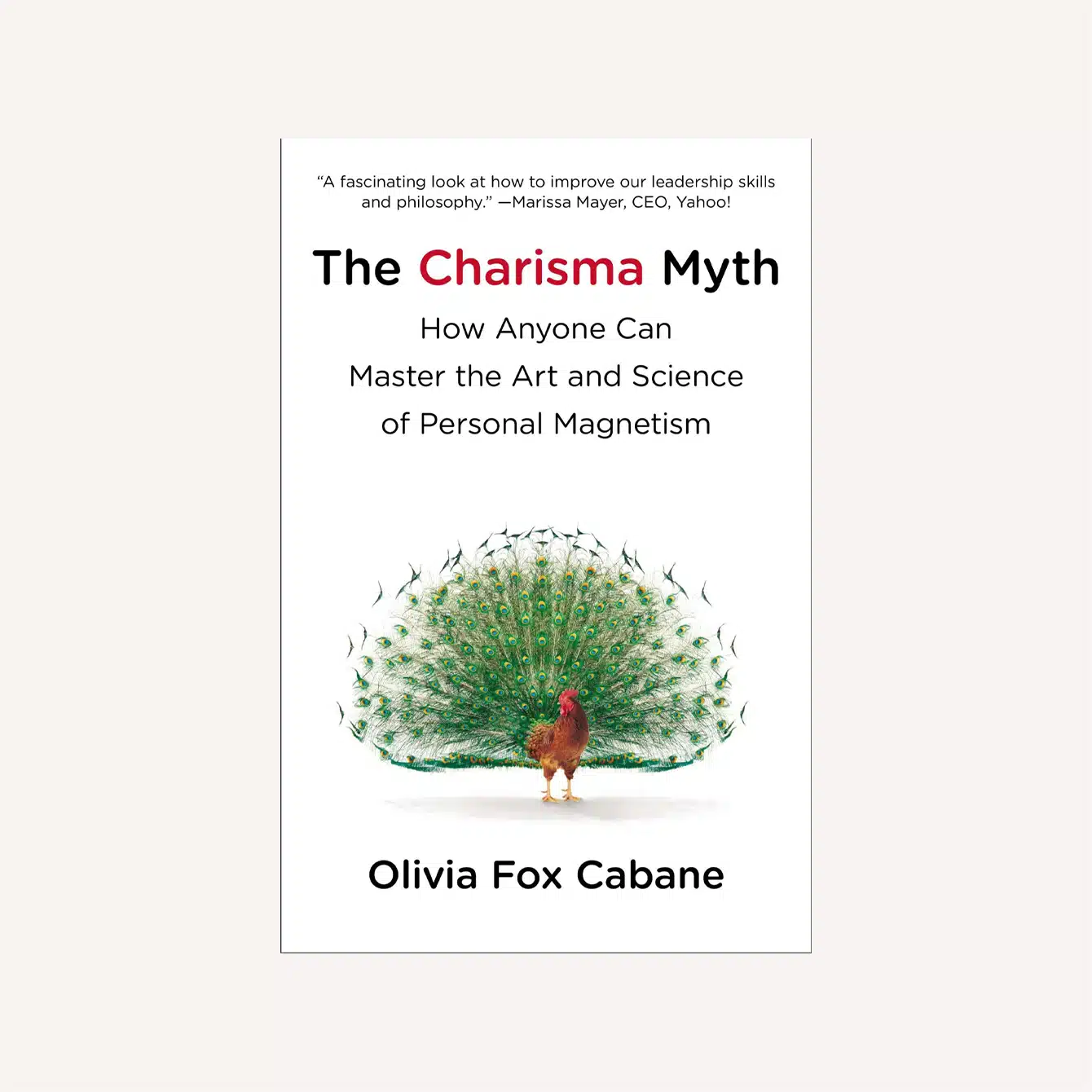
In addition to proving her hypothesis convincingly, the author gives some excellent and inspiring actionable advice that works for both extroverts and introverts.
A lot of the material in this book can be applied to leadership skills, dating, and even everyday conversation with people who already know you well.
The idea isn’t to change your true self but to activate something within you that you just may not have used very often. Basically, your charisma is unique from my charisma.
Improve Your Social Skills
Less like a high-concept self-help book and more like an instruction manual, Improve Your Social Skills leans hard into practicality, making it an engaging read for most guys.
Despite how many books there are on the market with similar, sometimes almost exact titles as this one, I found this book to be particularly motivating.
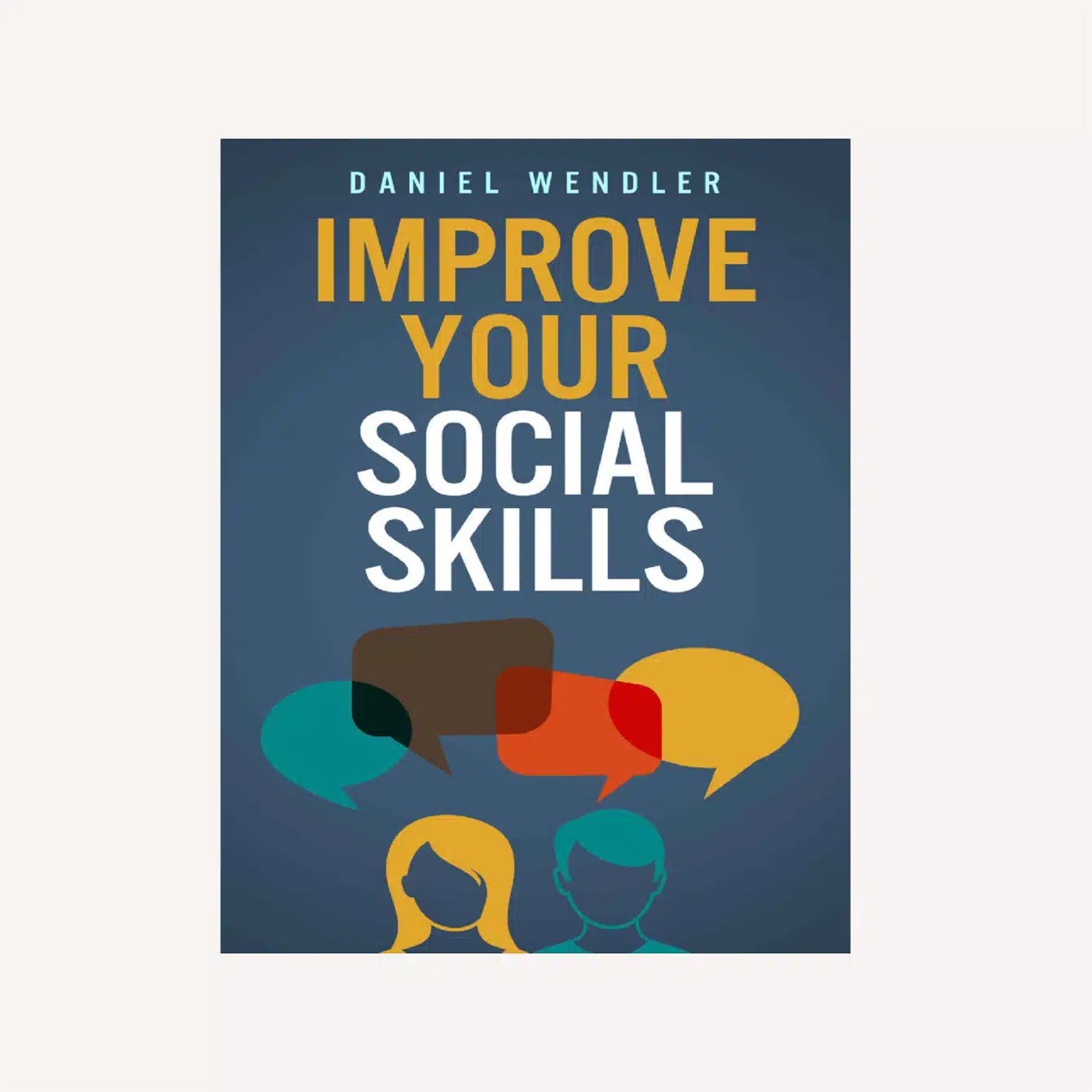
The author, Daniel Wendler, is a social interaction coach with Asperger’s Syndrome who admits to having had to overcome certain social difficulties because of it.
He doesn’t make his lived reality the centerpiece of his book, but his writing offers a unique perspective while maintaining universality.
The guide features user-friendly, step-by-step tips and tricks that can be applied to any social interaction.
The Social Skills Guidebook
The Social Skills Guidebook has been a go-to for shy people for a few years now, but here’s a perspective to consider if you don’t think this is for you. You can be shy and an extrovert.
In fact, I spent most of my childhood thinking I was an introvert, only to realize I was just an extrovert who needed to manage his shyness. I wish I had known a lot of the insights in this book back then!
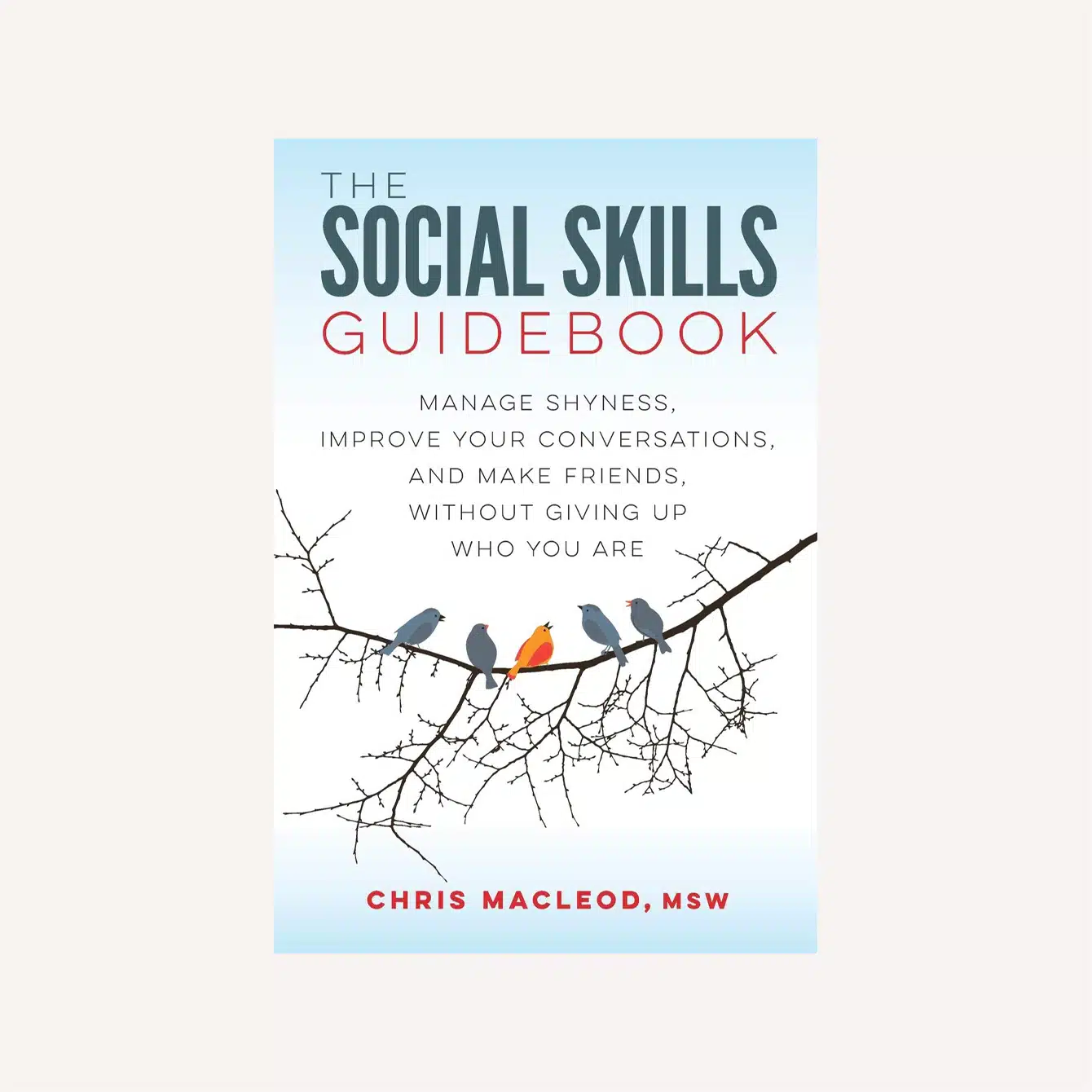
The author helps you navigate around or past self-doubt as well as the dreaded awkward silence moments.
The strategies are broken down with crystal clarity, and even give a lot of relatable examples so it isn’t just all theory — from one-on-ones (say, a first date or dinner with your boss) to group settings.
Surrounded by Idiots
First off, the title is more jocular than mean, so if you’re a good-vibes-only type, approach that component of it with a sense of humor — as the author certainly does.
Surrounded by Idiots is particularly helpful when you’re working on a project or managing your coworkers, regardless of whether you’re their leader or peer.
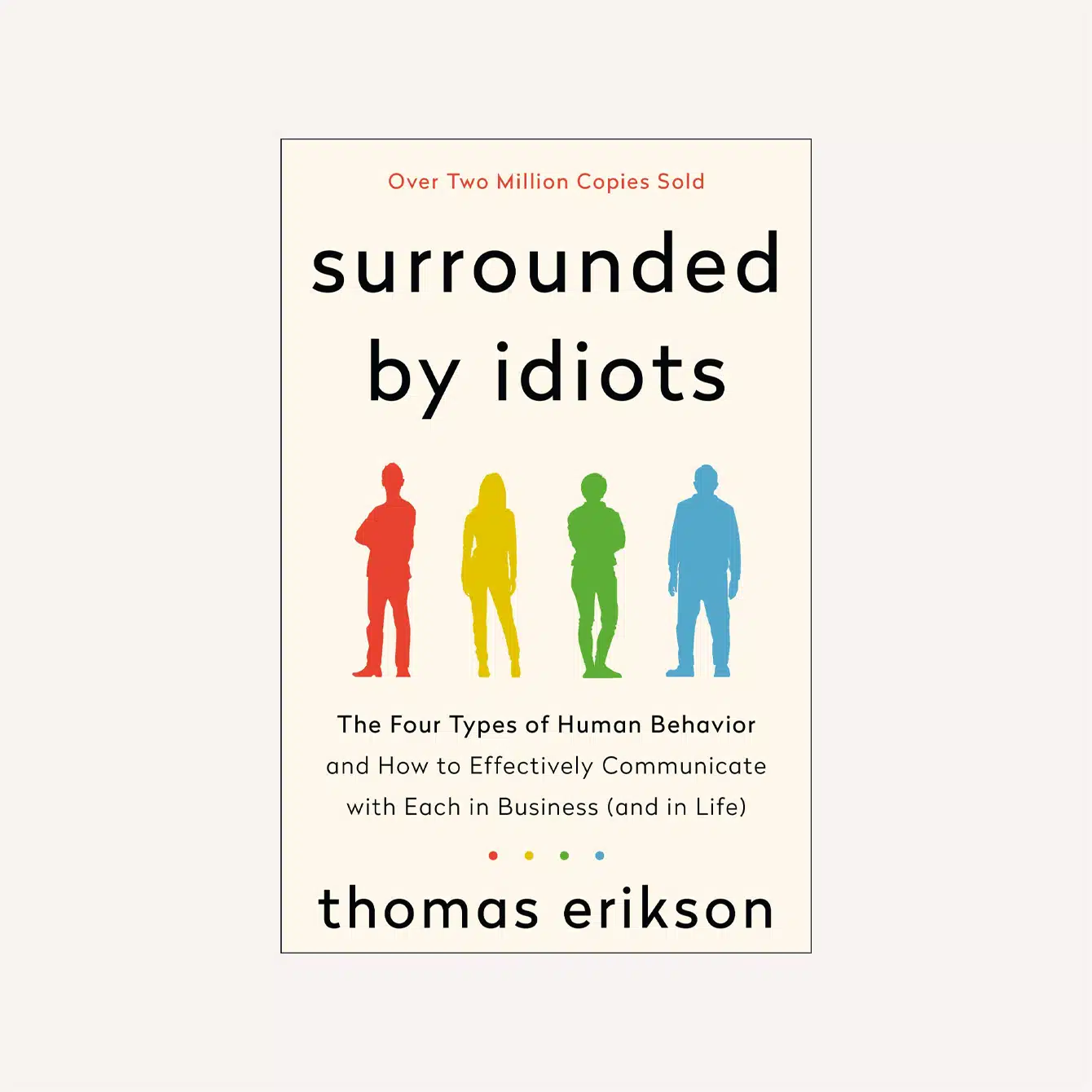
People are broken down by their behaviors and preferences, into four easy categories: Those who lean into relaxed and carefree approaches (coded in green), the more assertive type (red), the rationalizer (blue), and the socializer (yellow).
The wonder here is that the fewer moving parts make strategizing around and with each type of person so easy and doable. And yet, the author manages to circumvent putting people into a box and leaves room for finessing. This book is mercifully straightforward.
Never Eat Alone
Never Eat Alone is definitely focused on professional success, seemingly inspired by the old saying that your network is your net worth.
The reason why I think this book is so special is that the author differentiates between the crude, using-people type of networking from true, meaningful relationship building.
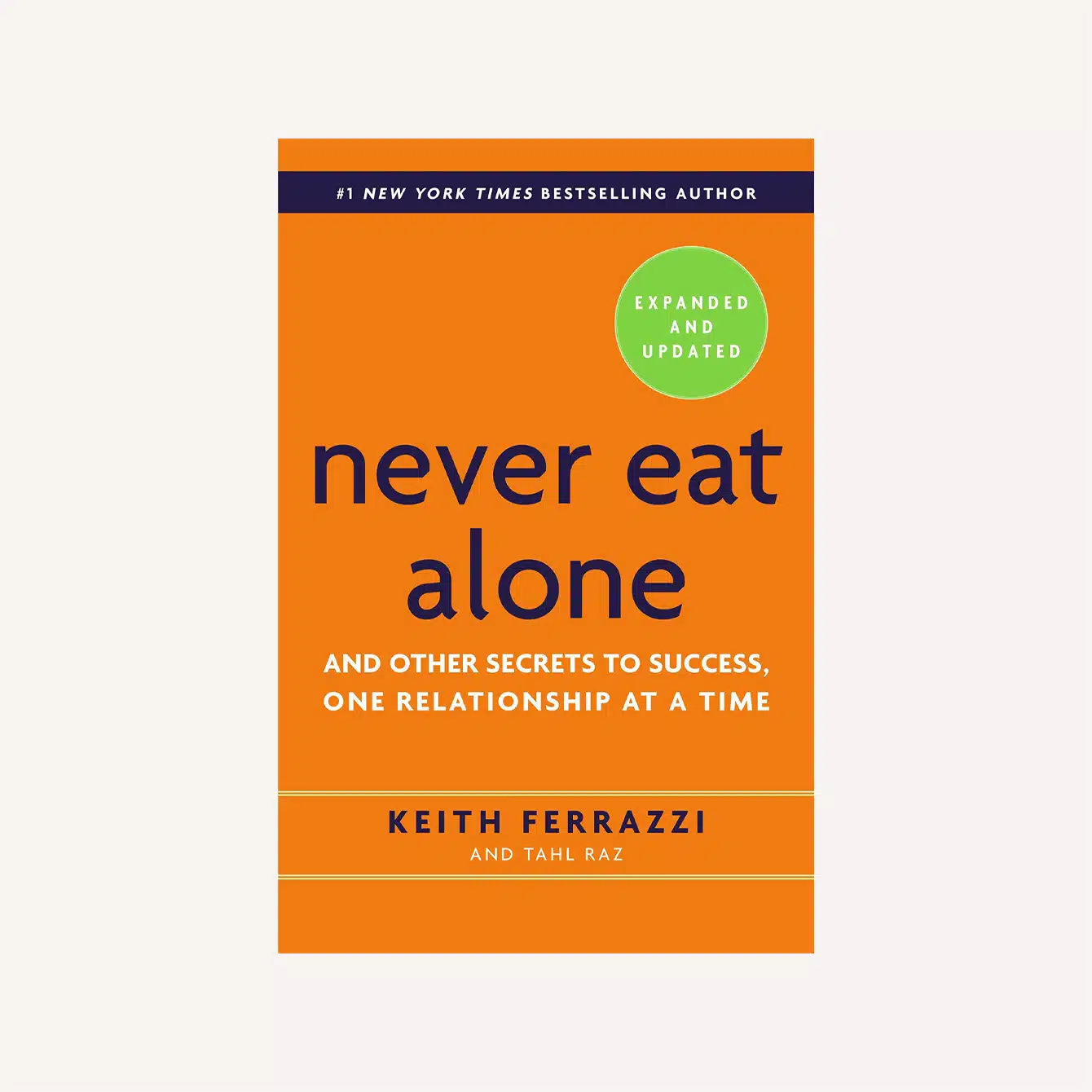
He suggests that the latter is the only way to go and that everyone can win. All of this can easily be applied outside of work too.
A lot of tried-and-true professional strategies are mentioned here, for example, how your next job is likely already within your network. They’re made deeper by the fact that real relationships are the core of success, not a tool to get there.
Some of the strategies are bold, the author is a sales consultant after all, but the fact they’re all professional makes everything he has to say practical and easy to understand.
Quiet: The Power of Introverts in a World That Can’t Stop Talking
If you’re a card-carrying introvert, Quiet is a great option to help you develop social skills without having to pretend you love the spotlight or being around people all the time.
The author reiterates the truth of the matter, which is that society is made for extroverts, especially western society.
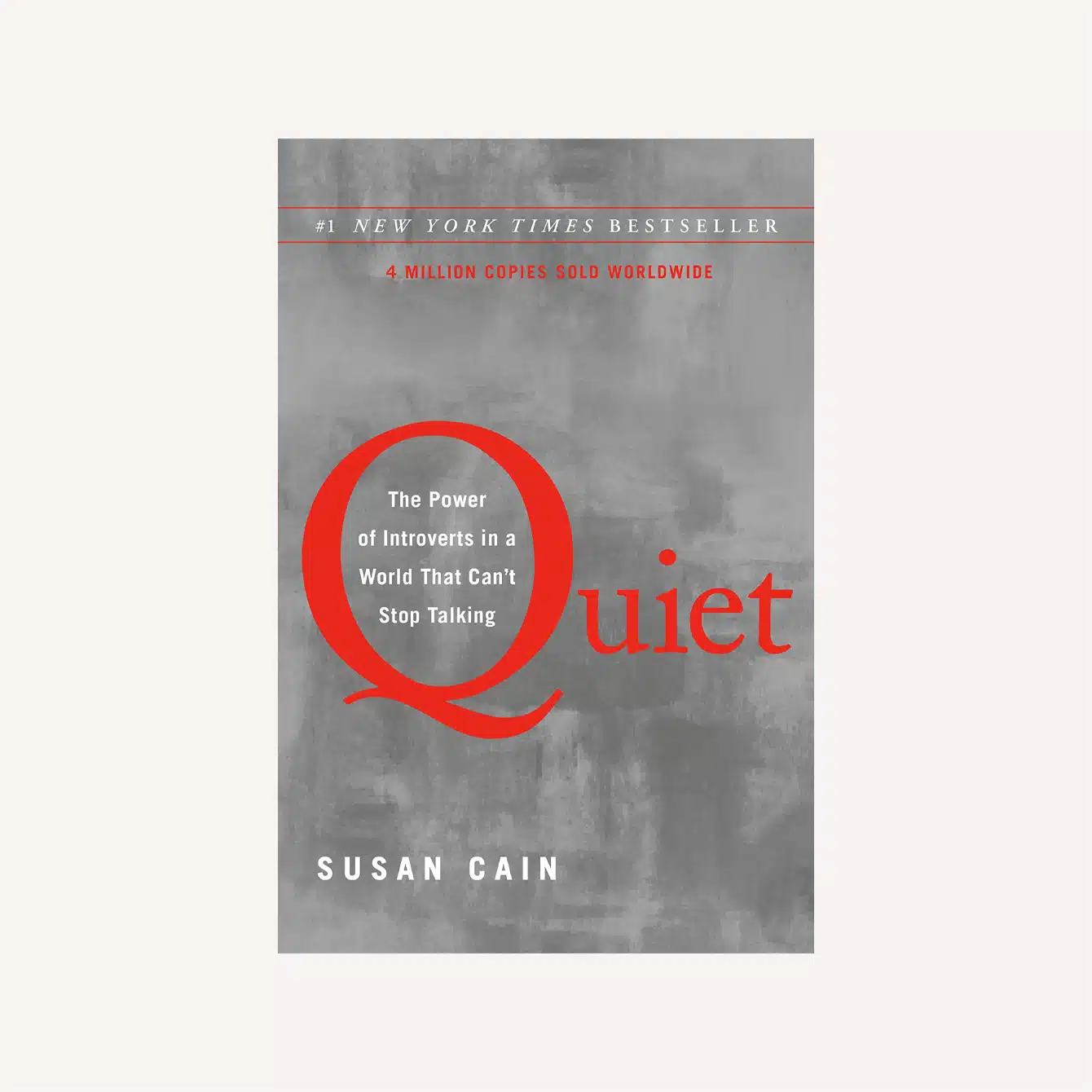
She mentions the pitfalls of this, without slandering extroverts, then goes on to define the qualities of introverts, and how you can channel these very qualities to be effective in life without having to simulate extroversion.
If you prefer a less stimulating environment, quiet concentration, if you listen more than you speak, and think before you speak, these can all be exceptionally positive things. For one thing, prudence over recklessness is objectively good, right?
This book can help you be heard, known, and successful without having to put yourself in outrageously uncomfortable situations.
How to Talk to Anyone
Ever been in a situation where you’re the outsider? Maybe you’ve accompanied your wife to a work function, and she works in a completely different field than you do and therefore with completely different people than you’re used to.
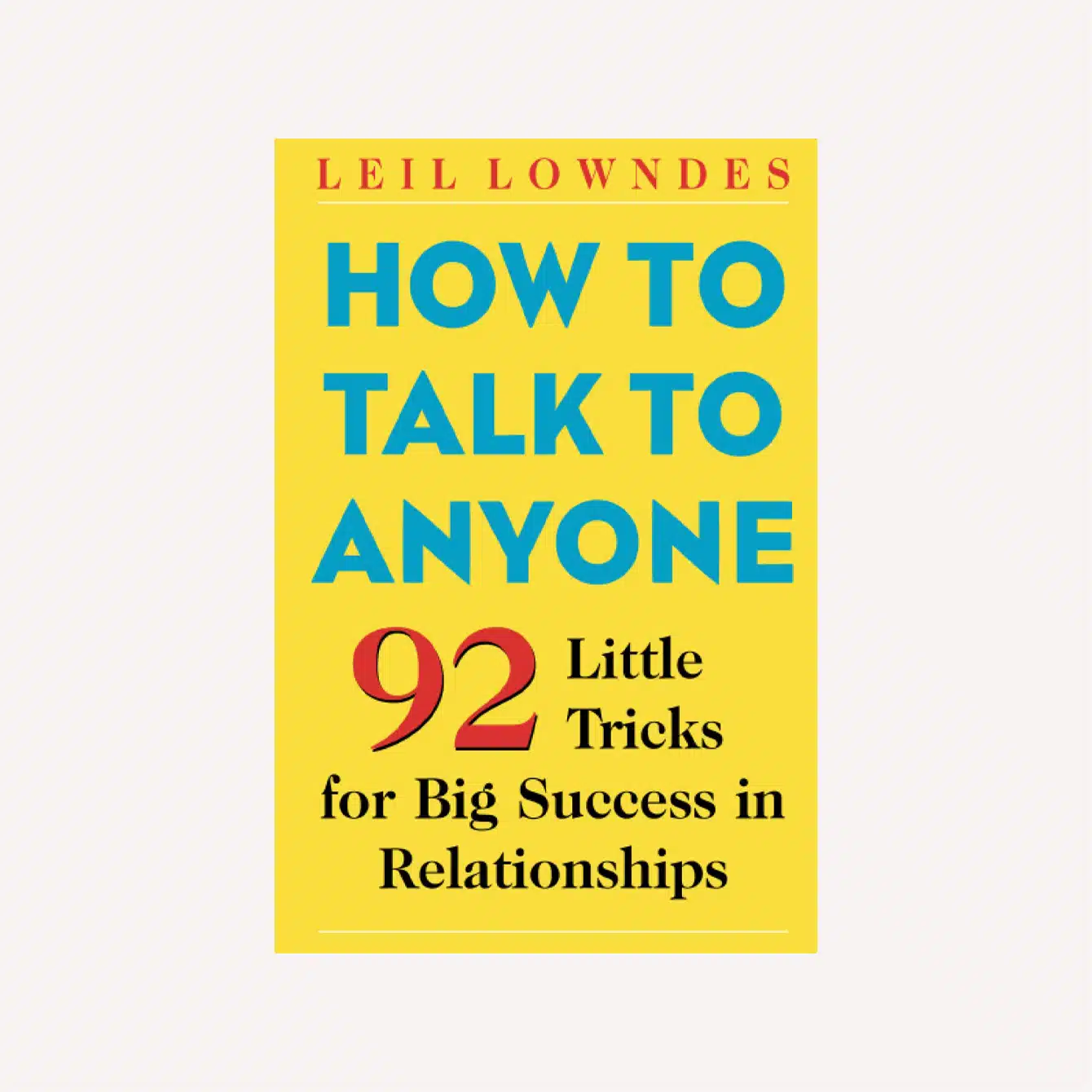
How to Talk to Anyone is written for all social situations, but is particularly helpful in ones in which you might be the black sheep.
Even better is that it’s broken down into 92 tricks, all small and bite-sized, with catchy names so you remember them. Some include “Rubbernecking the Room” and “Come-Hither-Hands.”
Each piece of advice is also categorized for even more clarity. Some categories include, “nine ways to make a dynamite first impression” and “six ways to sound like an insider in any crowd.”
PeopleSmart
Candid, easy, and step-oriented, PeopleSmart takes a pragmatic approach to creating relationships in work and in life.
The book is written to address situations in which you’re misunderstood, perhaps even rejected, or your relationships feel unfulfilled.
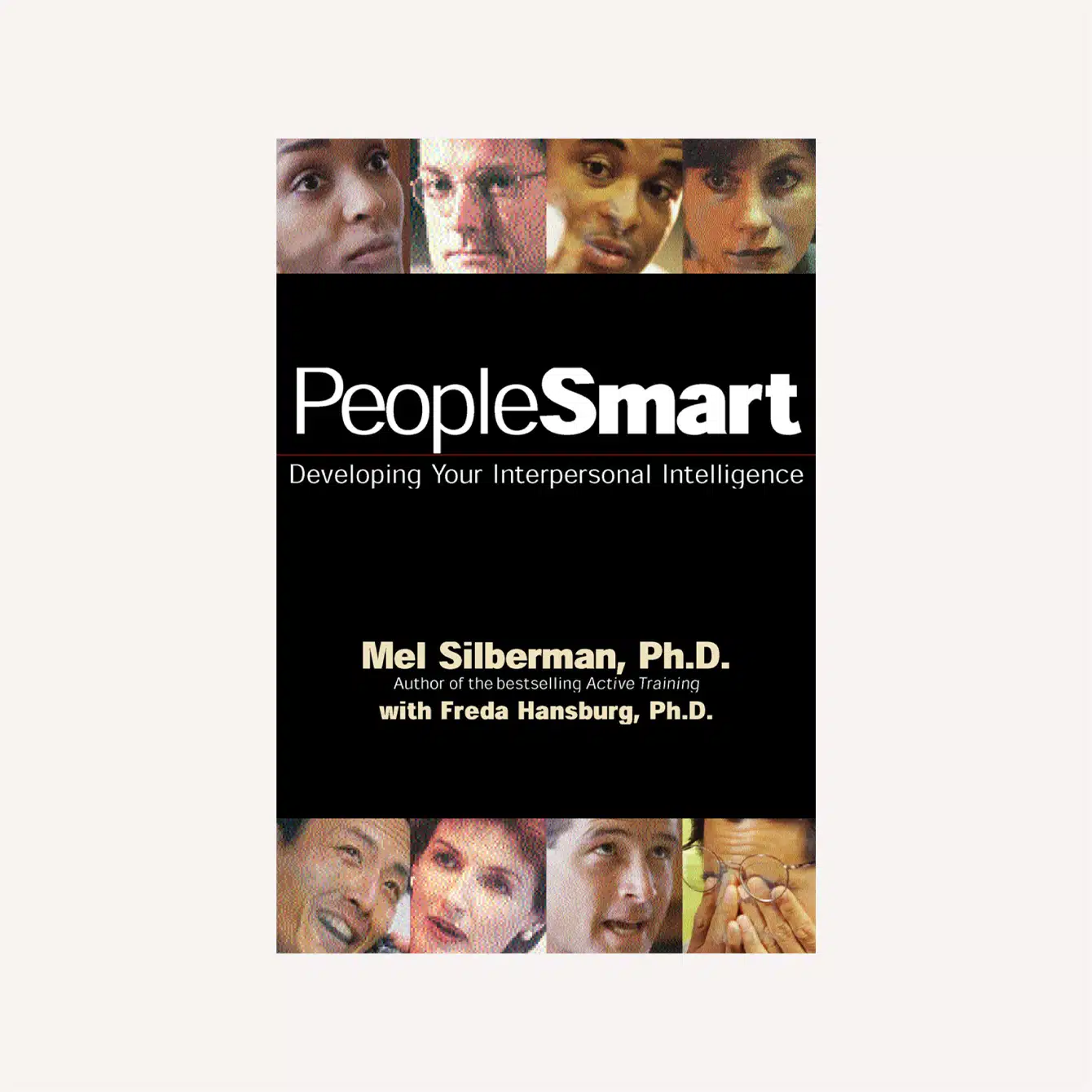
Maybe you have a friend that you like or a coworker that you have to work with but feel you give more than you get. This can apply to all of the above and more.
PeopleSmart presents eight important interpersonal skills and a four-step approach to succeeding socially. Moreover, the book also presents exercises and tools to help you hone the skills and steps before implementation.
Charming Your Way to the Top
In a way, Charming Your Way to the Top encourages you to be your own publicist.
It was written by a PR executive after all. It doesn’t matter how much you have in common with someone if you communicate this to them over a zero-charm conversation.
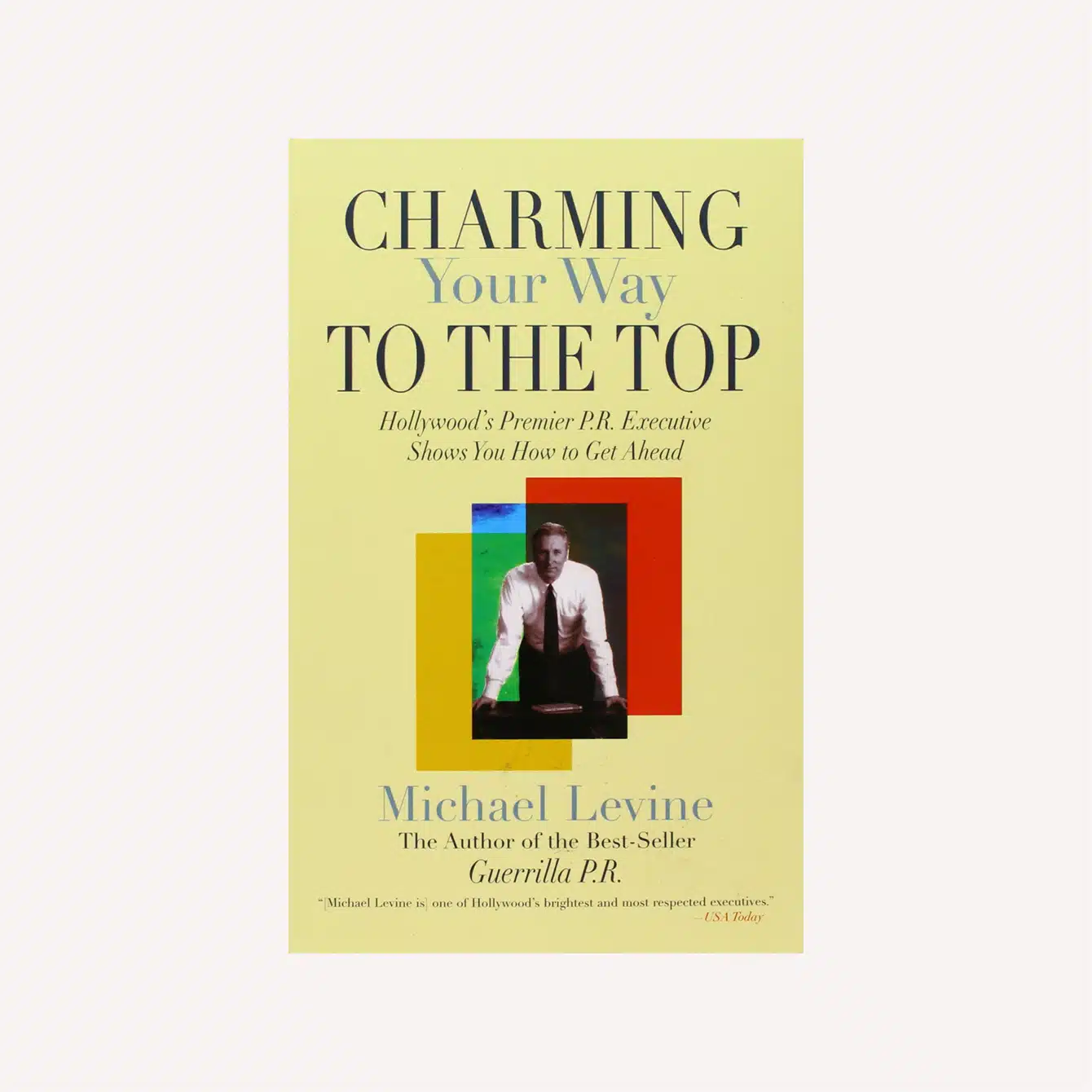
Fortunately, this book treats charm with a practical approach. It’s not about acting a way outside of your true self or pretending. It’s about understanding the operable lessons put forth here.
Besides, charming people tend to land dates, jobs, and friends easier, don’t they? And if you know yourself to be socially awkward, don’t think this book isn’t for you. That awkwardness may very well be a kind of charm that you haven’t learned to fully wield.
The Fine Art of Small Talk
Small talk doesn’t get enough credit when it comes to its importance. Think about it as the equivalent of a pre-date with a new person. You might say “let’s do a coffee” or “a drink thing” before using the actual D-word.
The Fine Art of Small Talk emboldens you to mine small talk for potential gold, because, hey, you never know. It’s written by Debra Fine, who is a nationally-esteemed export in communication.
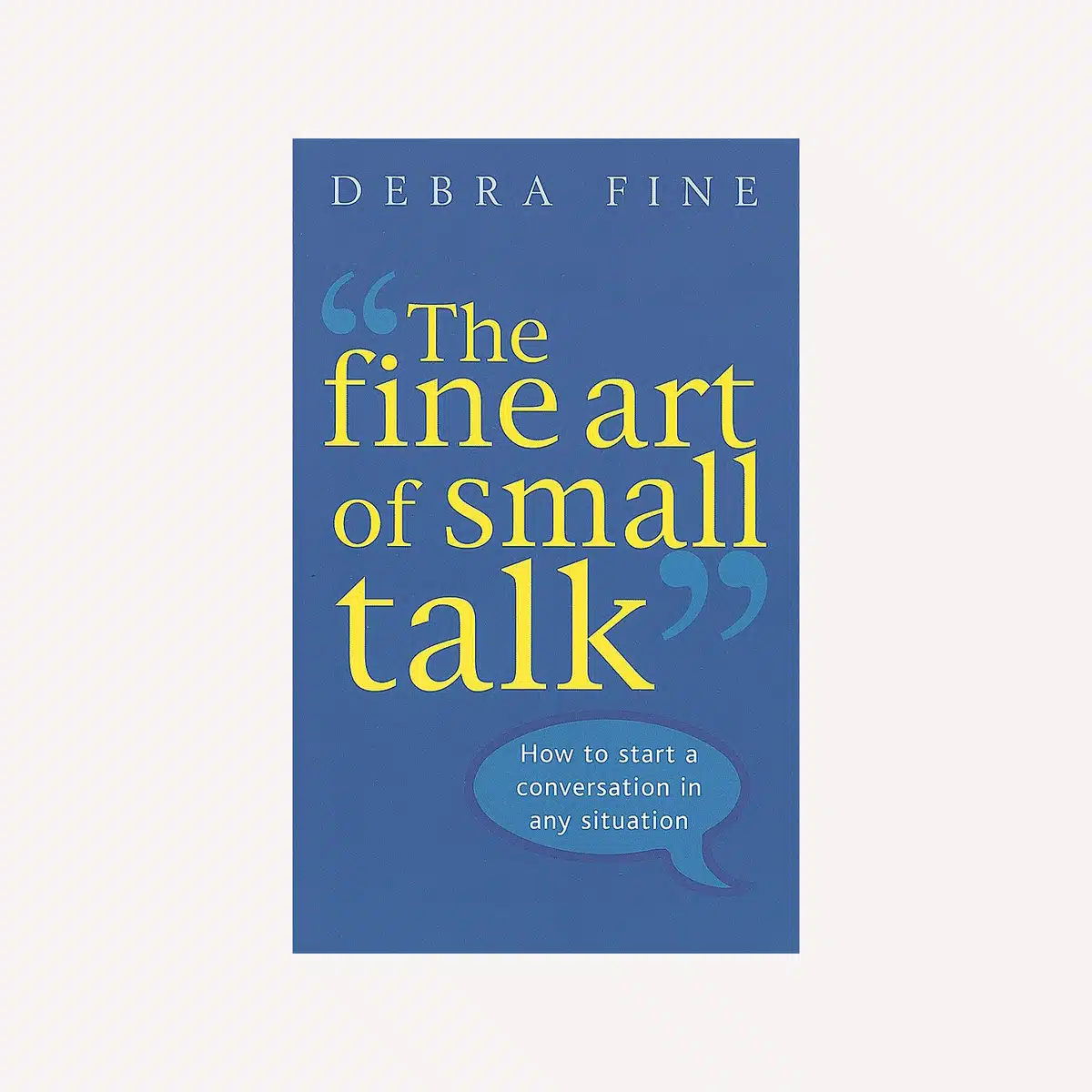
In this book, she reveals how not only to talk to strangers, but techniques you can use to open the door for something greater, whether that’s friendship, business, or more.
Make a positive impression right away, and prevent yourself from closing the door before it’s even presented to you.
The Art of Witty Banter
The tagline of The Art of Witty Banter best distills what this book helps you become: Clever, quick, and magnetic.
If you aren’t a natural comedian or someone who can just pull quick, memorable responses out of your holster, this book is for you.
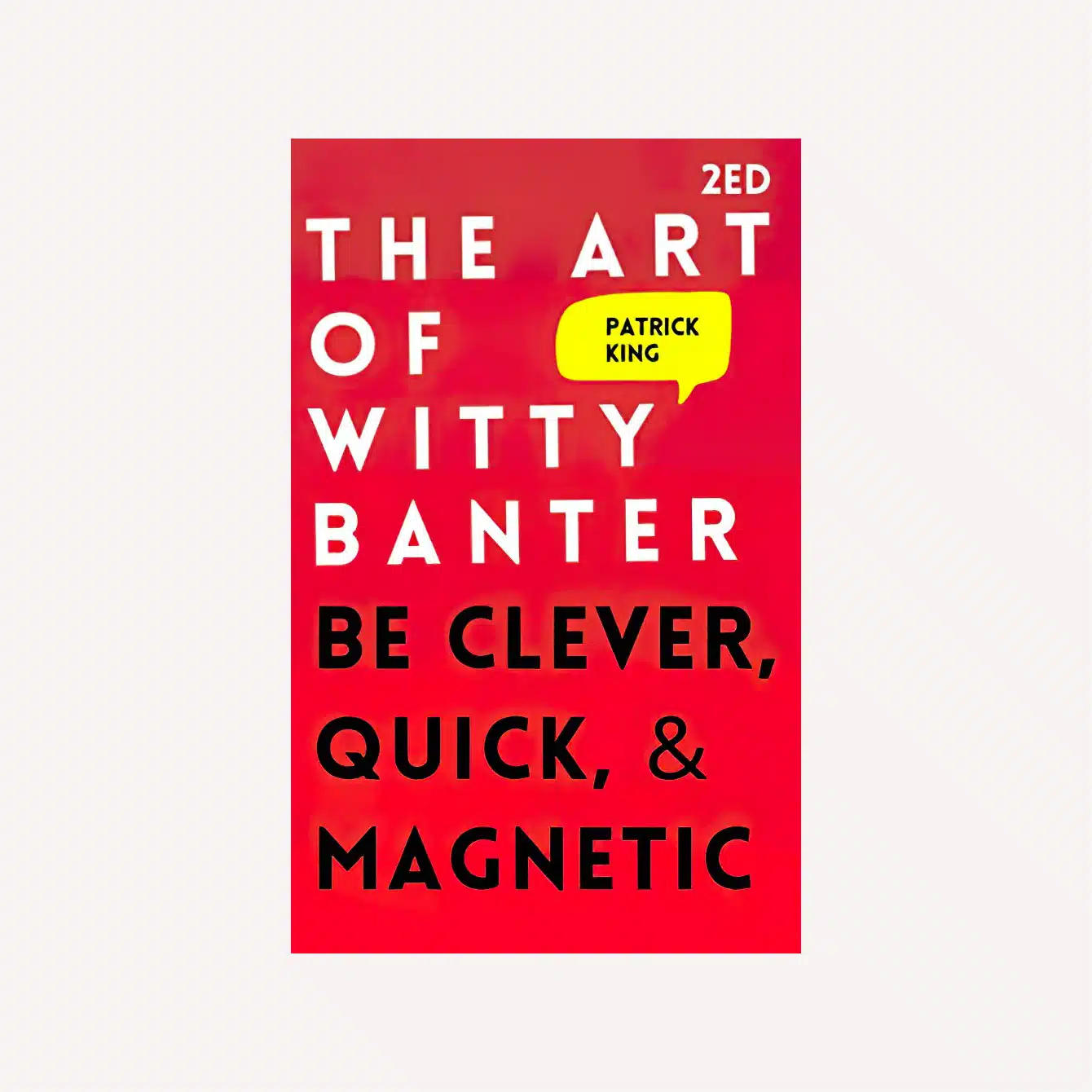
The self-help component aside, it’s actually a fascinating read that examines the nuances and nuts and bolts of this thing we call “banter.”
The general steps to becoming the witty and keen version of yourself include instant rapport-building, navigating away from inefficient small talk and into something funner, and disarming people you’ve just met. The author digs deep into each of these.
Truly, feeling and being perceived as witty is an effective way to build confidence.
The Definitive Book of Body Language
Non-verbal communication, both understanding it and “speaking” it, is an important social skill that’s often overlooked or over-generalized.
Bad body language is the equivalent of using the wrong verbal tone: People might receive your words in the wrong way because you didn’t present them clearly and protected them from potential negative associations.

The Definitive Book Of Body Language is highly detailed and nuanced and helps you to use body language to help you be in control of a given social situation. It’s also filled with humor and wit, making it an entertaining read.
Sometimes, perhaps even often, your body language can be more important than your words. This is likely why FBI Special Agents have to study it. This book will help you see how the body can communicate power plays, lies, and even seduction.
Plus, everything from facial expressions to mirroring is fascinatingly dissected.
FAQs
Before your chosen book (or books) arrive, here are some quick and common questions with at-a-glance answers to help get you started.
What Is the Best Book for Improving Social Skills?
Every book here! How to Win Friends and Influence People is a universal classic, while Surrounded by Idiots focuses on navigating difficult people, and Quiet is aimed at introverts — it’s all about what you need specifically.
Should I Read Books To Improve My Social Skills?
Absolutely. You can also listen to them via audiobook, take coaching, and watch videos and TED Talks.
Can Poor Social Skills Be Improved?
Always. Everyone has strengths and weaknesses when it comes to social interaction. By reading, researching, or working with friends or a coach, you can amplify your social strengths, and temper your weaknesses, all without compromising your true self.
Conclusion
And as mentioned, if you aren’t a reader, there are always audiobooks. When I don’t have a lot of time to even listen to an entire book but want to get through it, I tend to up the speed of the audio.
One thing all of these books have in common is the notion that it’s never too late to improve your social skills. Additionally, as well as you’re doing, you can always do better if you want to level up your life.
Questions? Comments? Leave them below!






Hi, 5’7″ looking for the best polo shirt under 100. Right now Fred Perry a little small around bicep. Thank you